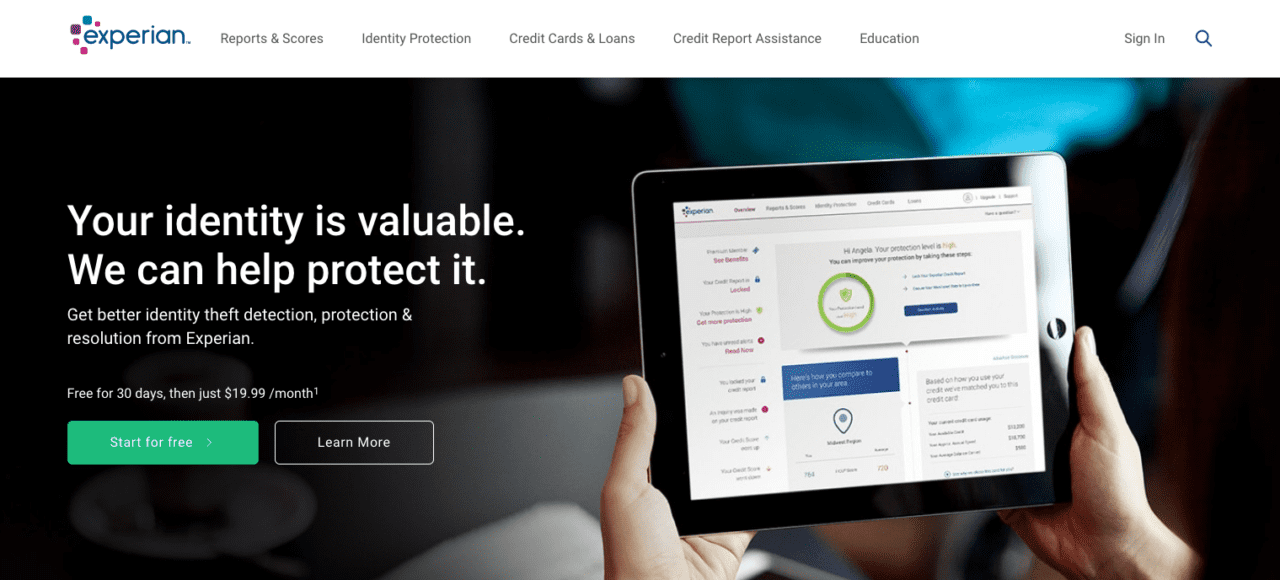Software development company Luxoft announced this week it acquired a Seattle-based innovation agency called Smashing Ideas. The Switzerland-based company acquired Smashing Ideas from book publisher Penguin Random House, which purchased the company in 2011, for an undisclosed amount. Today’s deal marks Luxoft’s 10th acquisition.
Luxoft made the purchase to bolster its digital research, strategy, and design capabilities and is expected to support Luxoft’s Digital Transformation arm, Luxoft Digital. It will also expand Smashing Ideas’ range of services and offer it the infrastructure needed to serve a more global client base. “This allows us to bring products to market faster,” added Smashing Ideas CEO Brian Burke. “Luxoft’s deep technical expertise in blockchain, IoT, and machine learning amplifies the enterprise scale we can provide. Together, we look forward to being a true innovation partner to our clients’ organizations.”
“Our commitment to helping revolutionize the technology offerings of our clients is more evident than ever with our acquisition of Smashing Ideas,” said Dmitry Loschinin, CEO and President of Luxoft. “Luxoft prides itself on being a value-added provider that is focused on technical strategy and implementation. This move further extends our capabilities into design and business strategy, allowing us to provide even more value to our strategic client partners.”
Luxoft is a publicly-traded company listed on the New York Stock Exchange (NYSE:LXFT) with a current market cap of $1.2 billion. At FinovateFall 2014, the company debuted Horizon, a data visualization framework for banking executives. Founded in 2000, Luxoft has more than 12,900 employees in 21 countries. Earlier this spring, the company partnered with Softbank Robotics America to build the software to enable individuals and companies to engage with Softbank’s robot, Pepper. Last fall, Luxoft acquired wealth management consultancy UNAFORTIS.

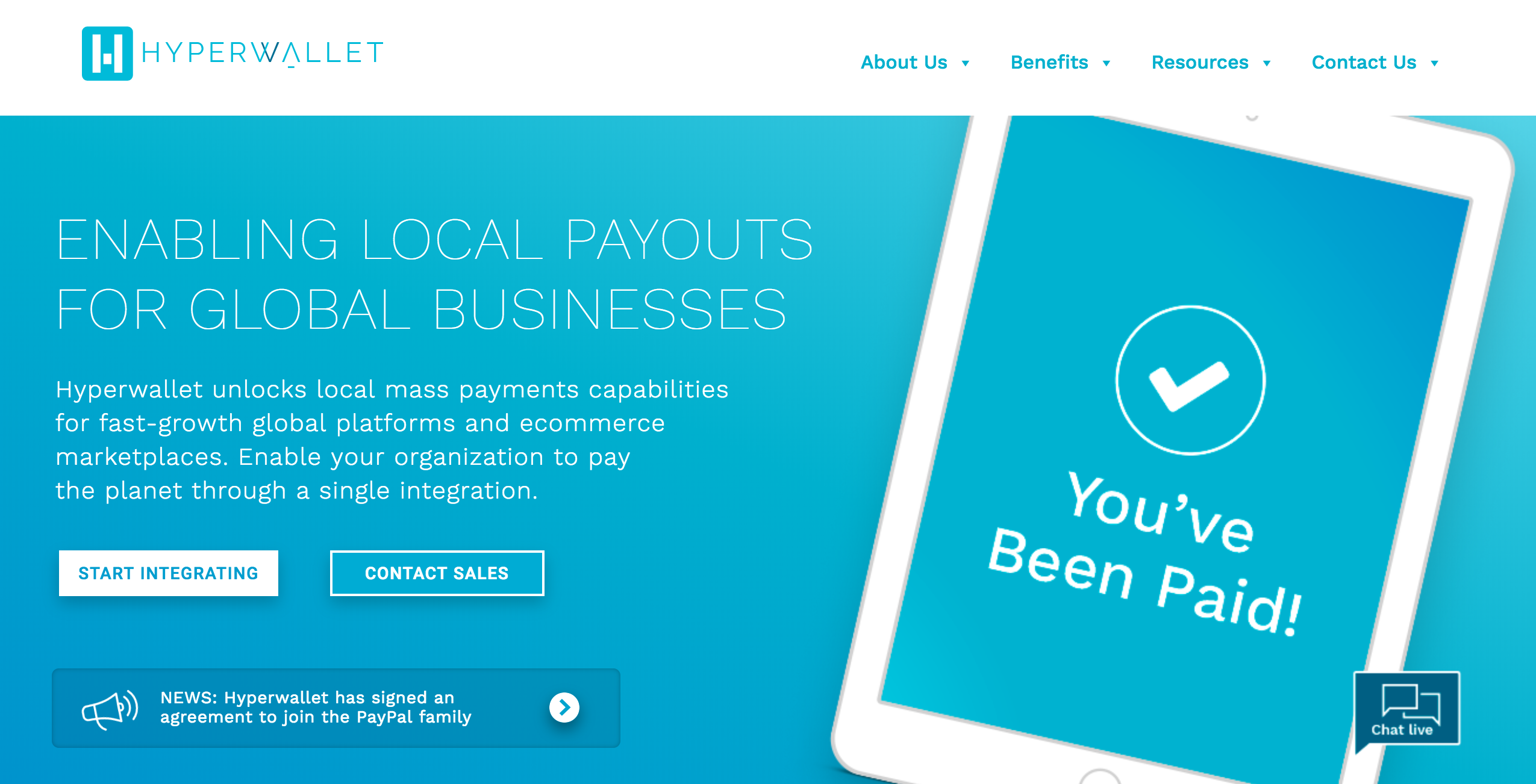

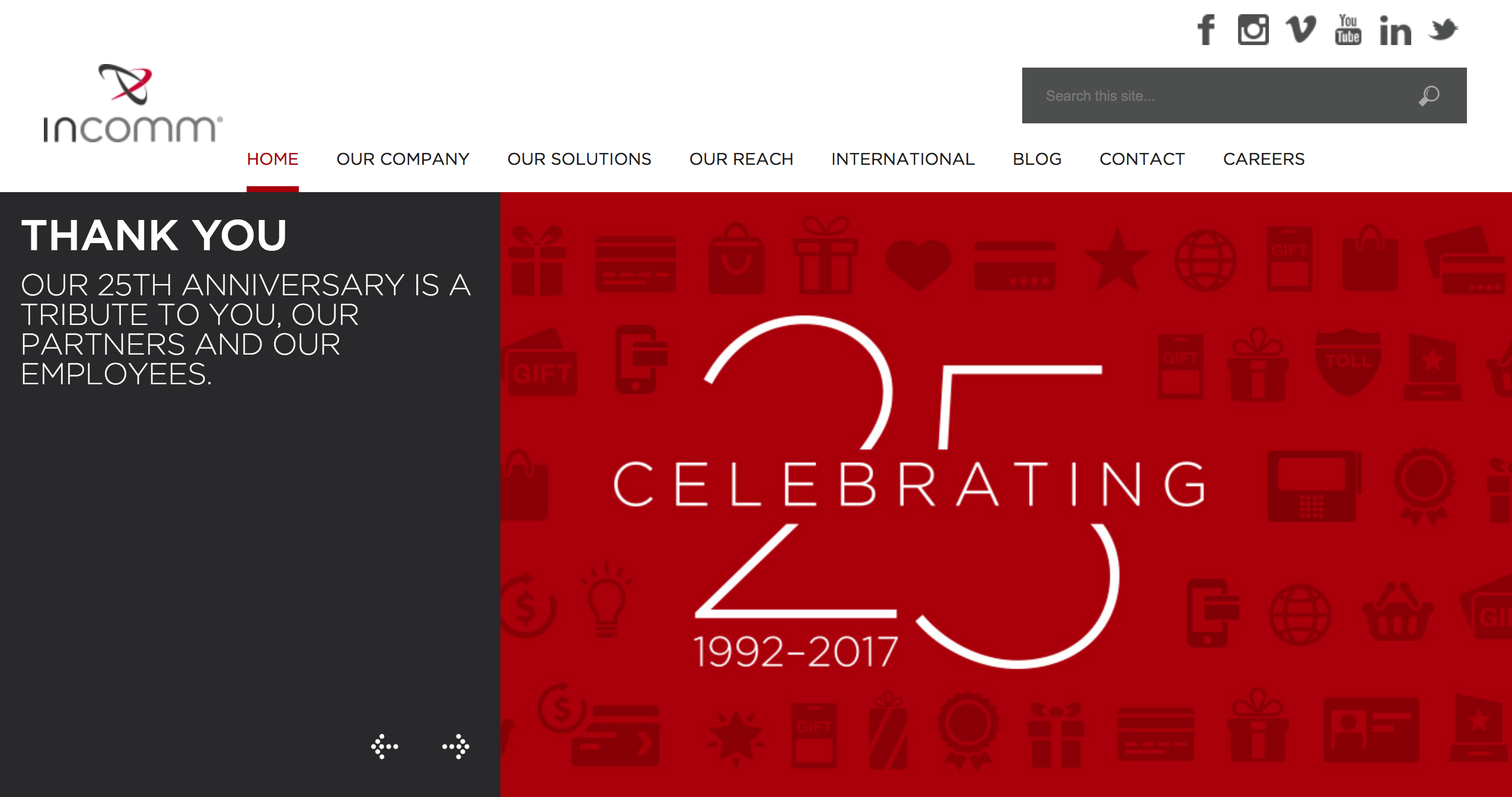



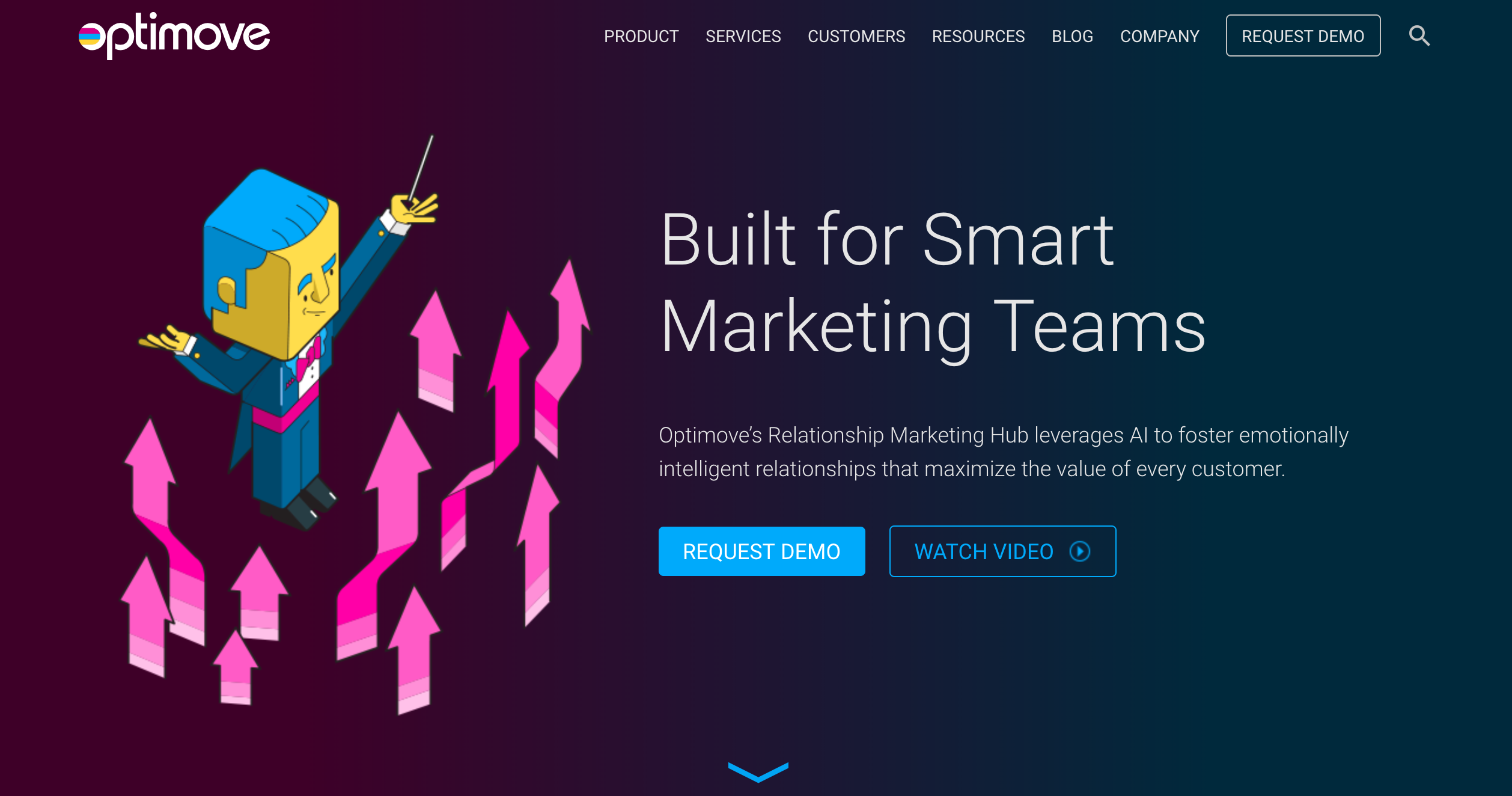
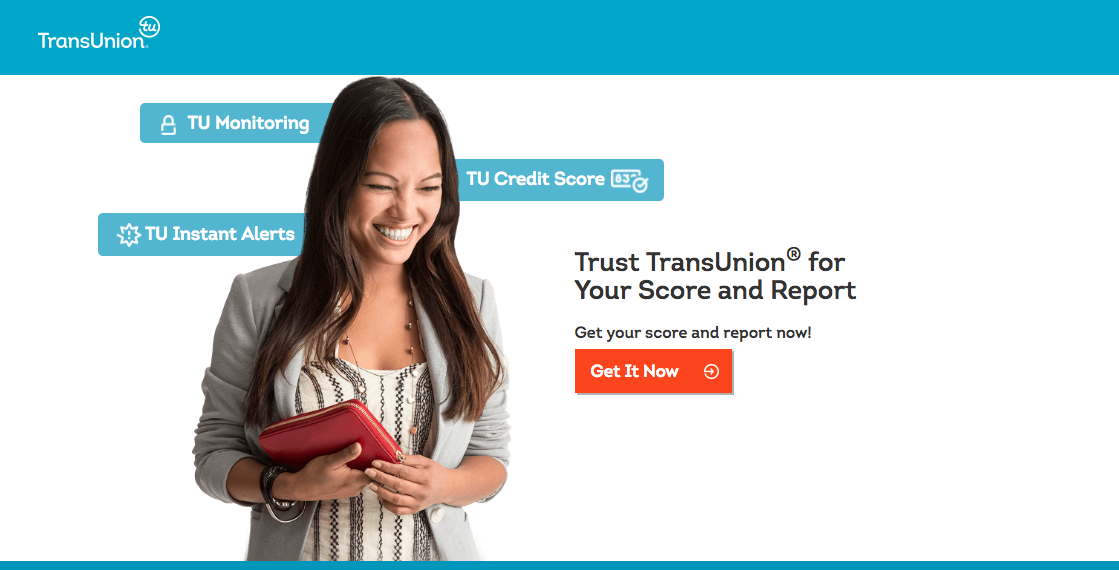
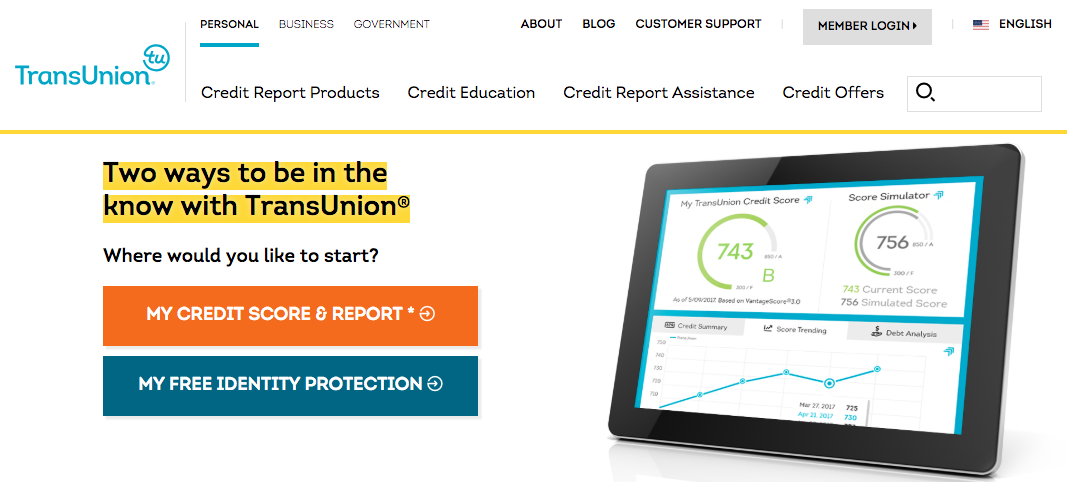


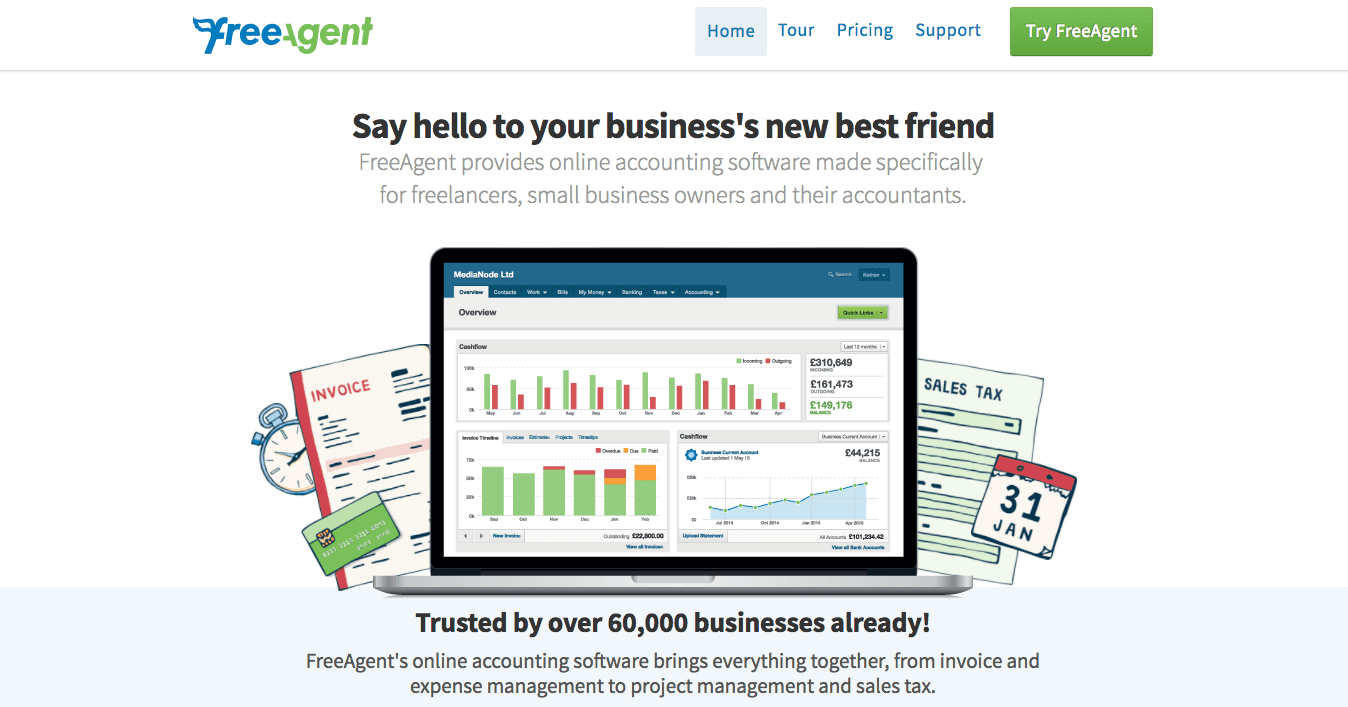
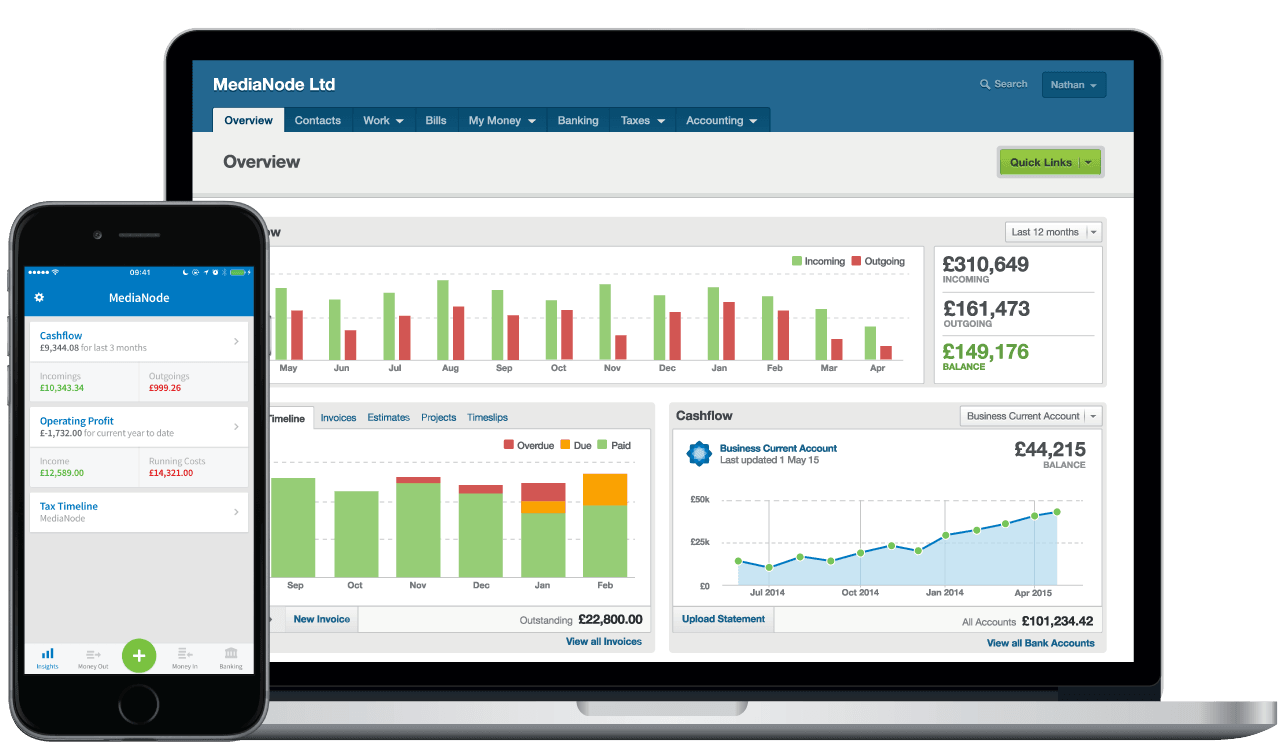 This agreement comes just over a year after FreeAgent began working with RBS. The two formed a distribution partnership last January in which RBS offered FreeAgent’s accounting software services to its small business clients. The deal will help both parties leverage new opportunities to offer a more integrated banking and accounting experience for small businesses since, as Molyneux said, “the lines between banking, accounting and tax are becoming increasingly blurred.”
This agreement comes just over a year after FreeAgent began working with RBS. The two formed a distribution partnership last January in which RBS offered FreeAgent’s accounting software services to its small business clients. The deal will help both parties leverage new opportunities to offer a more integrated banking and accounting experience for small businesses since, as Molyneux said, “the lines between banking, accounting and tax are becoming increasingly blurred.”

